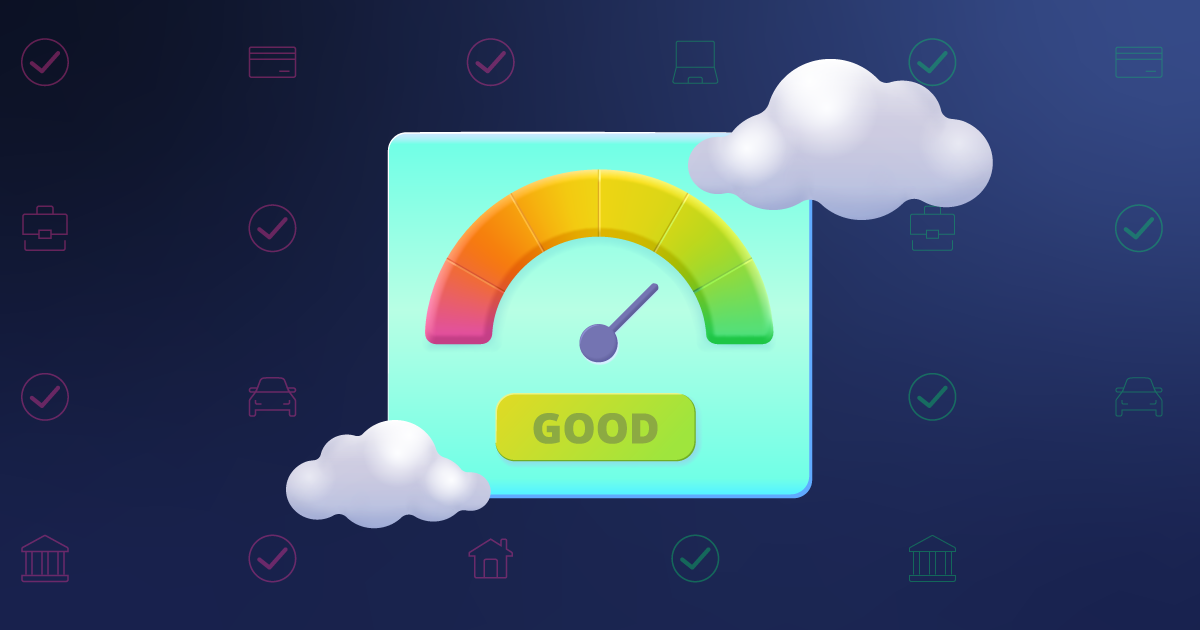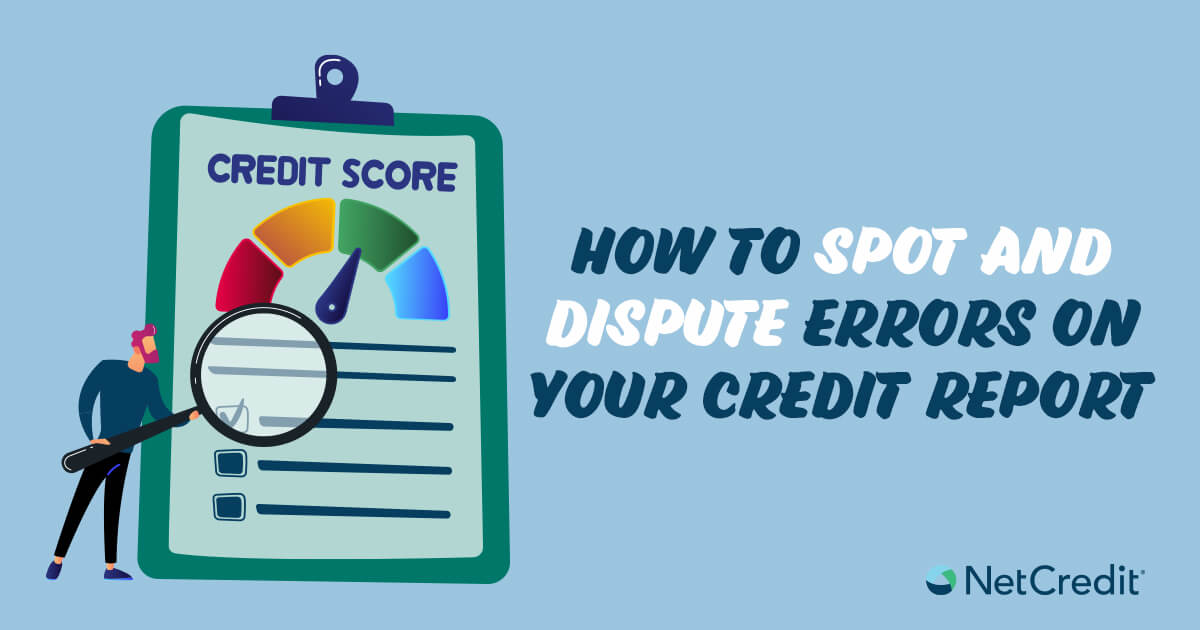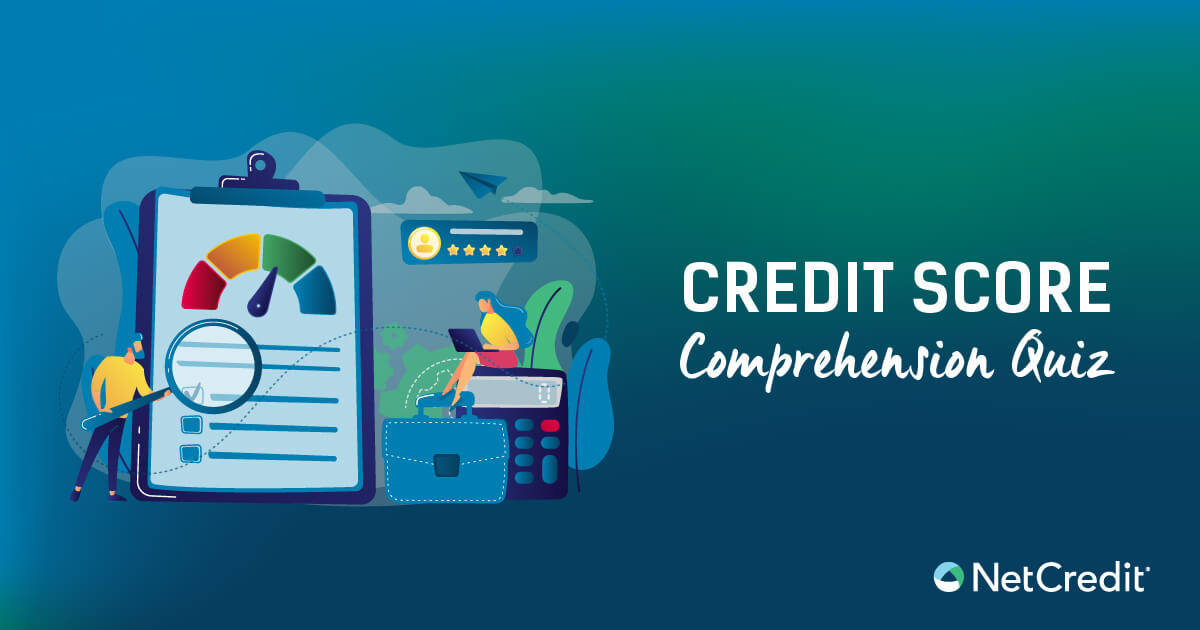Your credit score can affect so many things in your life: where you call home, your job, the car you drive, your insurance rate, the cellphone you use and more. When something impacts your life that much, you should be familiar with it. Test your knowledge of credit scores with the questions below.

1. What is a credit score?
Your credit score is a proprietary three-digit numeric score used to indicate the risk of extending credit or lending money to you. Your score is based on mathematical models developed from behavioral patterns of millions of borrowers. Many factors are used to calculate the score, including:
- Credit balances
- Available credit
- Late payments
- Length of credit history
- Credit inquiries
- Bankruptcies
- Lawsuits
It’s also important to know what is not included:
- Race
- Religion
- Gender
- Age
- Marital status
- Salary, occupation, or other employment history.
Scores are most notably compiled by the three major credit bureaus: Equifax, Experian and TransUnion. You may also hear credit scores referred to as FICO scores, as some scores are produced from software developed by Fair Isaac and Company. It’s important to be aware that your lender may pull just one or all three major bureau scores and that each score can be slightly different. Generally, the lender will consider the lowest score when determining your eligibility for a loan.
2. Why does each credit bureau calculate a different FICO score?
There are two main reasons for this:
- Each bureau is its own entity, and not surprisingly, they each use a different algorithm or model to calculate your credit score. In 2006, the three major bureaus developed a joint score, called the Vantage score, to create consistency and expand the population of scored consumers. Although the Vantage score is a useful tool, not all lenders have adopted it yet.
- The data available to each credit bureau may be different. Some banks, lenders or agencies may not report credit data back to all three bureaus. This is the most likely reason why your scores will vary between the credit bureaus.
Note that there are many other credit bureaus and credit scores. These are just the three largest and most commonly used. In fact, many lenders calculate their own custom credit scores.
3. What is a good credit score?
FICO scores range from 300 to 850 points. Individuals with higher scores are considered a lower credit risk. Generally speaking, a score above 700 is considered very good. Consumers above the median score will get the best interest rates on credit cards and loans; as credit scores decrease, interest rates and fees will gradually increase. The following is a distribution of credit scores:
| SCORE | % OF PEOPLE |
|---|---|
| 800-850 | 18.4% |
| 750-799 | 18.8% |
| 700-749 | 16.2% |
| 650-699 | 12.2% |
| 600-649 | 10.1% |
| 550-599 | 9.9% |
| 500-549 | 8.5% |
| 300-499 | 6.0% |
Source: MyFICO.com
If you’re worried your score is low, it is possible to improve your credit score over time. In fact, as you can see in this chart by Credit Karma that older people have higher average credit scores.
| AGE RANGE | AVERAGE CREDIT SCORE |
|---|---|
| 18-24 | 638 |
| 25-34 | 652 |
| 35-44 | 659 |
| 45-54 | 685 |
| 55+ | 724 |
Source: CreditKarma.com
4. How do I obtain my credit reports and scores?
The Fair Credit Reporting Act requires that each of the three credit bureaus provide you with a free credit report every 12 months. The safest way to obtain your free credit reports is from www.annualcreditreport.com, which is sanctioned by the Federal Trade Commission. Unfortunately, if you want to see your FICO scores as well, you will need to pay extra for them. Beware of websites offering free credit scores; there is usually a catch!
You will only need your name, address, social security number and date of birth to get your free reports. If you have moved in the last two years, you may need to provide your previous address as well. You will also be prompted for security questions. You should be able to view and print the reports immediately.
5. What should I do if my credit report has an error?
Correcting errors is probably the quickest way to improve your credit score. Credit bureaus and information providers (e.g. your credit card company) are required to correct inaccurate or incomplete information on your credit report. If you find an error on any of the three credit reports, you should contact the credit bureau directly. Below are links to the three credit bureaus:
Credit bureaus are required to investigate your claim within 30 days, but it will likely take a little longer than that. If the information provider determines that the data is indeed inaccurate, they are required to report the correction back to all three credit bureaus.





